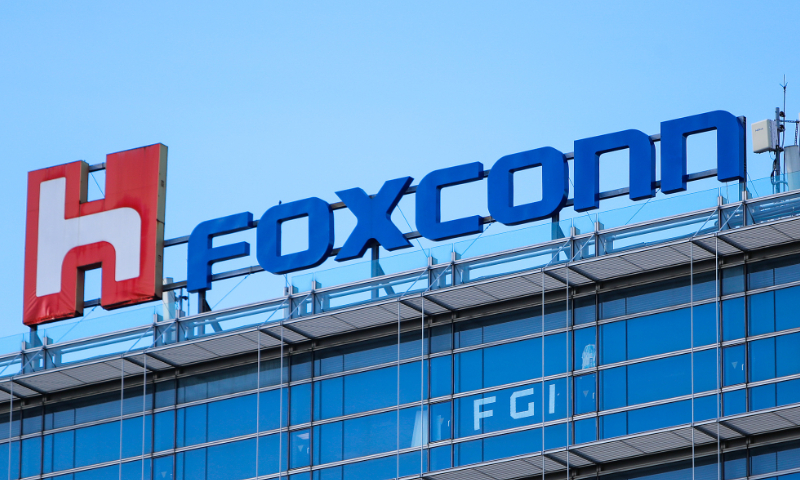Foxconn signs deal with Henan provincial govt to build new business HQ building, underscoring confidence in mainland market

Foxconn, Apple's assembly partner for building iPhones, has signed a strategic cooperation agreement with the Henan provincial government, to build a new business headquarters building in Zhengzhou, Central China's Henan Province, according to the company's website on Wednesday.
"Setting up a new business headquarters in Zhengzhou is a very important part of Foxconn's new business development in Chinese mainland," said the company.
According to Foxconn, the first phase of the project is backed by a total investment of about 1 billion yuan ($137.4 million). The strategic cooperation focuses on three emerging industries, namely, EVs, digital health and robotics, as well as three new areas of technology, namely, AI, semiconductors and new-generation mobile communications.
The new building will provide industrial resources, technical force and other related support for Foxconn in the Chinese mainland. Moreover, the company will focus on the layout of an electric vehicle pilot production center, solid state battery and other projects in Zhengzhou.
While Foxconn has stepped up to enhance cooperation with Chinese mainland enterprises, some media outlets reported that the company has shifted some of its capacity in India back to Chinese mainland.
According to a report by chinatimes.com on Wednesday, the assembly of iPhone 15 in Foxconn's Indian factory did not go well last year, which forced Apple to reduce pricing. Therefore, this year the company has shifted part of the production capacity back to the Chinese mainland, and BYD, Luxshare and other Chinese major manufacturers have joined the iPhone 16 supply chain, becoming Apple's latest foundry partners.
The Chinese mainland market has a mature supply chain system and efficient production capacity that has been developed over many years. This includes not only a well-established network of component suppliers, but also an experienced and skilled labor force, Wang Peng, an associate research fellow at the Beijing Academy of Social Sciences, told the Global Times on Wednesday.